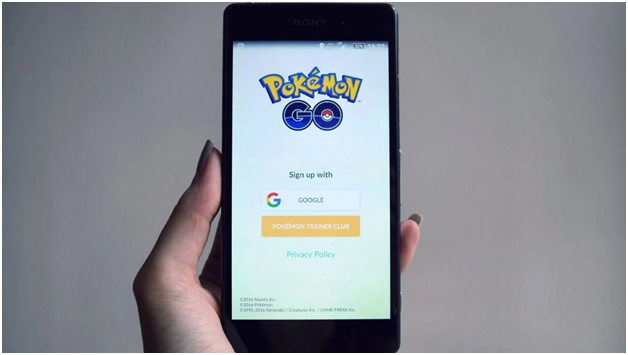Pokémon Go maintained its popularity during the pandemic. In fact, it continues to grow in popularity as we speak.
It’s not hard to see why – it’s a really fun and engaging game that gives you a physical sense of accomplishment (since you feel rewarded for leaving the house).
Even so, there’s one thing that’s got many people worried – is Pokémon Go completely safe to use? Can it put your data in danger? The recent updates have been met with negative feedback, but it’s because people are worried about bugs and seizure risks, not their data.
Well, Pokémon Go isn’t as secure as you may think – its gifting system is a problem, to be exact. When players want to check the location of a Pokéstop with a gift, they can use a map link to see the exact geo-data. The problem is obvious – malicious actors could abuse that feature to find out where other players live. If a stalker were to do this, things could get dangerous fast.
Is There Anything You Can Do About That?
Unfortunately, no, not really. When you use Pokémon Go, the game automatically collects your IP address and GPS data to determine your location. It automatically stores and shares that information with other users when necessary.
We’re sad to say this, but the only thing you can do to prevent the gifting system from compromising your privacy is to just not play Pokémon Go. It’s not ideal, we know, but it is what it is.
Still, that doesn’t mean you can’t enjoy a secure experience while playing Pokémon Go. We’ll offer you some cool tips that will help you keep your account and data safe.
But Here’s How You Can Secure Your Pokémon Go Account
There are still things you can do to protect your account – here’s a list of them:
- First, come up with a really strong password – we’re talking about a password that’s at least 15 characters long. Also, don’t go easy on the lowercase and uppercase letters, special symbols, space characters, and numbers. Mix them all up to make the password even harder to crack.
- Next, once you have a good password, don’t share it with anyone! And definitely don’t store it on your phone. Write it in a notebook you store somewhere secure in your house (or just use a password manager). Oh, and be sure to change your password regularly – like every few months or so.
- If you suspect your account has been compromised, check the linked login methods. If you see any you don’t recognize, remove them (then, reset your password).
- Don’t use third-party apps to play Pokémon Go – they can compromise your privacy by infecting your device with malware. Also, Niantic considers third-party apps to be cheating, so you might get banned for using them.
- Finally, don’t try to buy Pokémon Go account – you might get scammed or you might get an account that will soon be banned (because trading accounts is against the rules).
Can’t You Use a VPN to Hide Your Geo-Location?
VPNs are online tools that hide your IP address and encrypt your Internet traffic. By hiding your IP, they stop anyone from seeing what country and city you are from.
So, that settles it – VPNs hide your geo-location so you can use them to enjoy better privacy with Pokémon Go, right?
Not so fast – While VPNs hide your IP, they won’t stop Pokémon Go from collecting your phone’s GPS data. So, the game will still know your real geo-location.
One VPN (Surfshark) has a GPS spoofing feature on Android, but we can’t say it works perfectly. We tested it with different apps that heavily rely on GPS data, and it didn’t always stop them from collecting our real geo-location.
Plus, even if Surfshark can successfully stop Pokémon Go from logging your geo-data, there is a good reason why you shouldn’t use it.
Here’s Another Good Reason to Not Use a VPN
Using a VPN with this game is actually against the rules. If you don’t believe us, just check out Niantic’s player guidelines. It clearly says that “using tools or techniques to alter or falsify your location (spoofing)“is considered cheating. And if you’re caught doing that, Niantic might ban your account.
How does Pokémon Go know you’re using a VPN?
It’s simple – the developers might use blacklists that automatically detect and block VPN IP addresses. Also, the app will see a conflict – your IP address is from one country (the one the VPN is from) and your GPS data says you’re from another country (like we just said, Surfshark’s GPS spoofing feature doesn’t work all the time).
All in all, it’s not really worth it to use a VPN with Pokémon Go. Or any other tool that hides your IP address and geo-location, for that matter.
How Do You Make Pokémon Go More Secure?
We’d love to hear what measures you take to keep your Pokémon Go account safe – what settings you tweak, what security apps you use, and anything else you do. Please tell us about them in the comments.







![SIMS 4 Download Free For PC Full Version 2019 [UPDATED] SIMS 4 Download](https://www.geniustechie.com/wp-content/uploads/2019/03/SIMS-4-Download-100x70.jpg)

